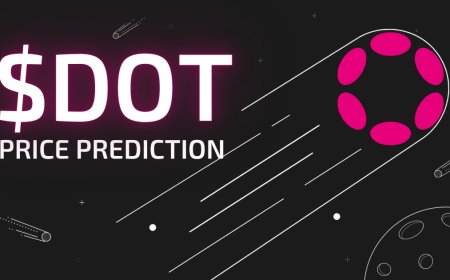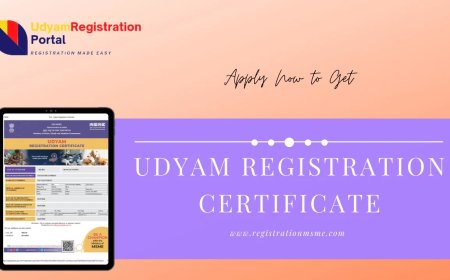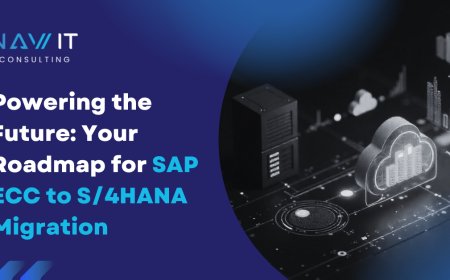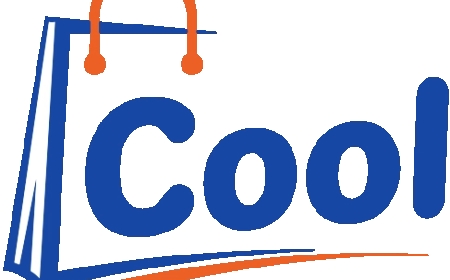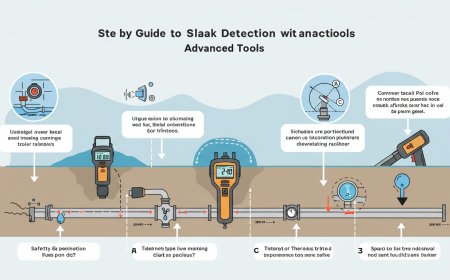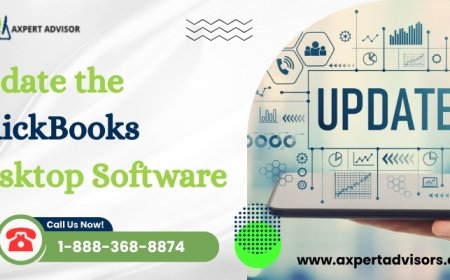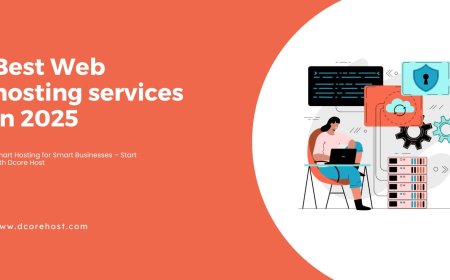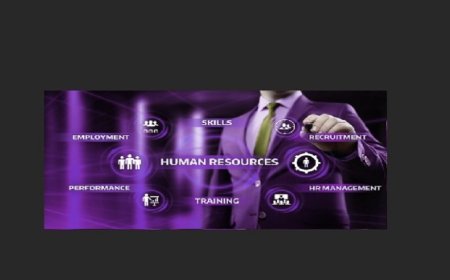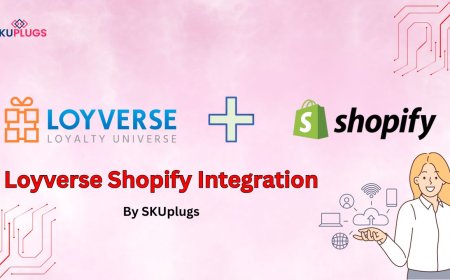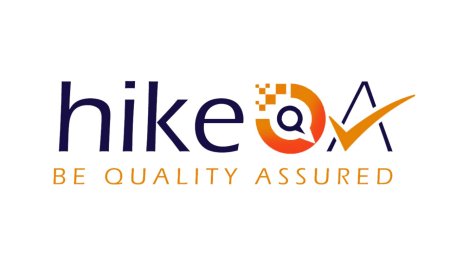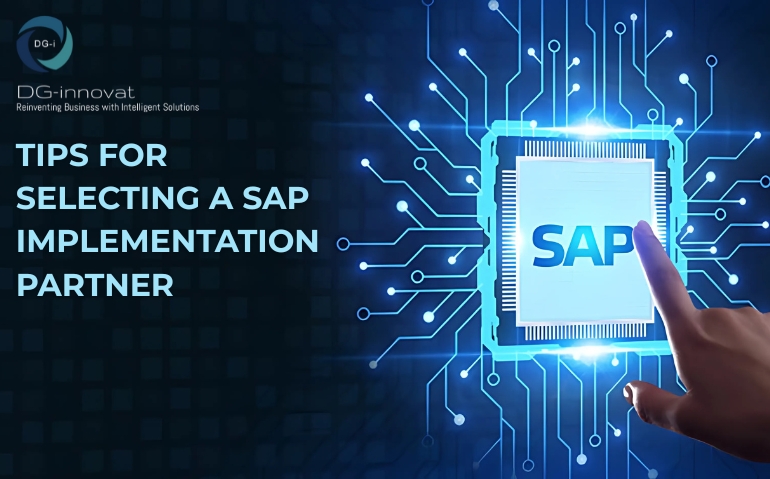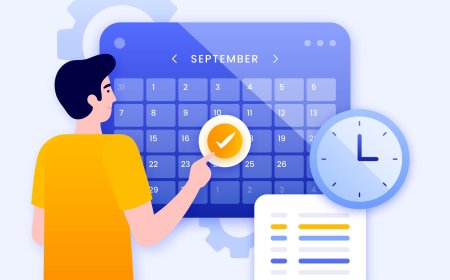Mentoring Software: The Digital Backbone of Meaningful Mentor-Mentee Relationships
Mentoring Software: The Digital Backbone of Meaningful Mentor-Mentee Relationships
In the evolving world of professional development, mentorship has long served as a cornerstone for career advancement, knowledge transfer, and personal growth. However, the traditional modelone that depends on manual matching, informal communication, and limited trackingcan no longer keep up with the complex demands of modern organizations. Enter Mentoring Software: a digital solution transforming the way we connect, nurture, and scale mentoring programs.
As hybrid work models flourish, global teams collaborate across time zones, and employee well-being takes center stage, organizations need a more robust and measurable mentoring process. This is precisely where mentoring software becomes indispensable. It eliminates guesswork, automates tedious coordination, ensures inclusivity, and brings structure to what was once an informal activity.
In this guest post, well delve into the full spectrum of how mentoring software is revolutionizing mentoring programsfeaturing critical features, organizational benefits, and the transformative impact it has across industries.
The Evolution of Mentorship in a Digital Era
Historically, mentorship was rooted in personal networks, often accessible only to a privileged few. Without a systematic process, matching mentors and mentees relied heavily on proximity, visibility, and informal recommendations. While valuable, this model excluded many deserving individuals and often led to inefficient outcomes.
Today, with the advent of AI, analytics, and cloud-based platforms, mentoring software brings structure, scale, and strategy to mentoring. It empowers organizations to offer equitable mentorship opportunities, track program performance, and deliver results in real time. Whether its employee onboarding, leadership development, or DEI initiatives, the digitalization of mentoring has unlocked immense potential.
And its not just for large corporationsnonprofits, educational institutions, and startups are leveraging mentoring platforms to build strong, connected communities.
Powerful Features That Define Modern Mentoring Platforms
What makes mentoring software so transformative isnt just its ability to digitize mentorship, but how it enriches the experience through smart, user-centric features. Below are some of the key functionalities:
-
Smart Matching Algorithms: AI-driven pairing ensures compatibility based on goals, skill sets, learning preferences, and behavioral traits.
-
Customizable Workflows: Program managers can design flexible journeys tailored to organizational objectivesfrom structured leadership development to casual peer mentoring.
-
Real-Time Dashboards: These provide visibility into mentoring activities, allowing administrators to track engagement, feedback, and milestones.
-
Communication Tools: Built-in messaging, scheduling, and video integrations keep conversations flowing seamlessly.
-
Learning Resources: Many platforms come with integrated contentgoal-setting templates, discussion guides, and curated development resources.
-
Feedback Loops: Regular check-ins and surveys help measure success, identify gaps, and continuously improve mentoring relationships.
These features not only streamline mentorship processes but also drive better engagement and measurable outcomes. Mentoring Software is no longer a nice-to-have; its becoming a strategic necessity.
Business Benefits That Go Beyond Mentoring
Organizations that invest in mentoring software report significantly higher employee retention, productivity, and satisfaction. But the benefits go far beyond improving mentor-mentee interactions.
-
Employee Retention: Structured mentorship increases loyalty and job satisfaction. Employees are 50% more likely to stay with organizations that offer robust mentoring programs.
-
Leadership Pipeline: It nurtures future leaders by offering them real-world guidance and continuous feedback from seasoned professionals.
-
Cultural Inclusivity: Digital mentorship breaks down silos and promotes cross-cultural and cross-functional interactions, supporting diversity, equity, and inclusion.
-
Scalability: Whether youre running one-on-one mentoring or group mentoring across departments, software enables you to scale programs efficiently without sacrificing quality.
-
Data-Driven Insights: Real-time analytics help HR and program managers evaluate ROI, track growth, and fine-tune initiatives.
Simply put, mentoring software acts as a strategic lever that connects people, aligns development with business goals, and fosters a continuous learning culture.
Use Cases Across Diverse Sectors
From corporate ecosystems to social impact initiatives, mentoring software finds applications across various domains:
-
Corporate Mentorship: Used for leadership development, succession planning, and onboarding.
-
Education & Academia: Facilitates student-alumni connections, research guidance, and peer learning programs.
-
Nonprofit & NGOs: Supports community empowerment, youth development, and volunteer engagement through structured mentoring.
-
Startups & Accelerators: Helps early-stage entrepreneurs receive guidance from seasoned mentors within structured cohorts.
Each of these use cases highlights how the right platform can adapt to unique goals while ensuring accessibility and consistency.
How to Choose the Right Mentoring Software for Your Organization
Selecting a mentoring platform isnt just about featuresits about alignment with your people strategy. Heres what to consider when making a decision:
-
Flexibility: Can the platform support various mentoring models (1:1, peer, reverse, or group)?
-
User Experience: Is it intuitive, accessible, and engaging for both mentors and mentees?
-
Integration Capabilities: Will it integrate with your existing HR systems, communication tools, and LMS?
-
Analytics & Reporting: Are there dashboards that track KPIs and program impact?
-
Scalability: Can it grow as your organization expands?
-
Support & Customization: Does the vendor offer dedicated onboarding, training, and customization options?
Ultimately, the best solution is one that aligns with your goals and adapts to the changing needs of your people and organization.
The Future of Mentorship: Human Connection Enhanced by Technology
As the workplace continues to evolve, mentorship remains one of the most powerful tools to drive engagement, skill development, and connection. But without technology to facilitate and scale it, the reach and effectiveness of mentoring remain limited.
Mentoring software is more than just a digital solutionits a catalyst for meaningful transformation. It enables organizations to unlock hidden potential, strengthen their workforce, and build thriving, connected communities.
Platforms like Mentoring Software by Social Roots are leading the charge, offering purpose-built tools that blend structure with human empathy. Whether you're a global enterprise or a growing nonprofit, investing in mentoring technology isnt just smartits essential for long-term success.
Conclusion
In a world where knowledge is the most valuable currency, mentorship offers a timeless exchange. And with mentoring software now at the forefront, organizations can ensure that this exchange is accessible, equitable, and impactful.
By investing in the right platform, you dont just create a programyou build a culture. A culture of learning. A culture of empathy. A culture that thrives.
Now is the time to modernize your mentoring journey. Let software take care of the logistics, so humans can focus on what matters most: connection, growth, and transformation.











